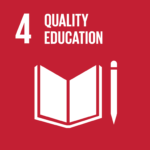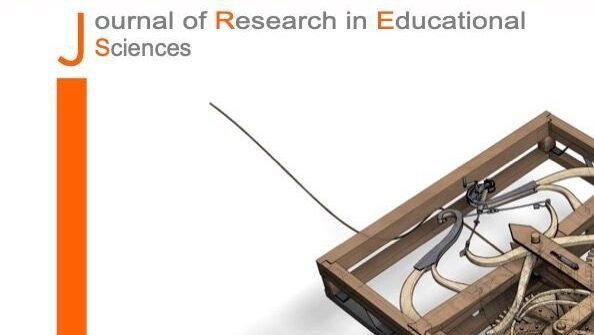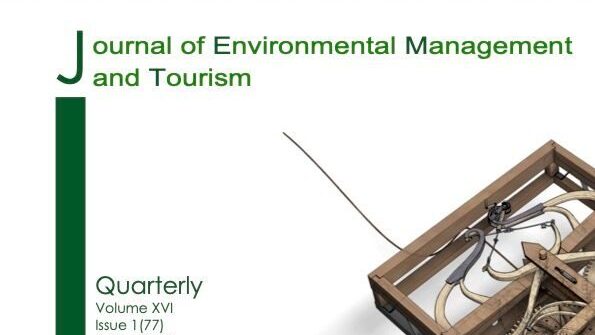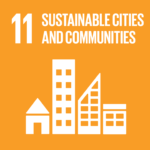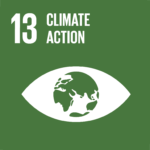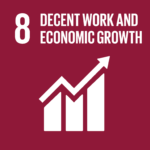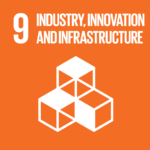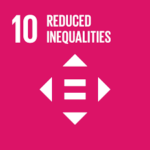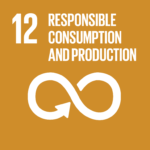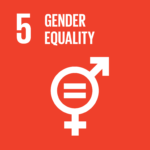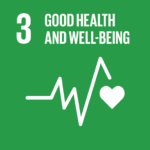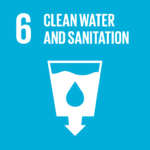The Journal of Research in Educational Sciences is an editorial project by ASERS Publishing, established in 2010, which highlights the results and impact of using technology and innovation in education research. This initiative maps the alignment of the Journal with Sustainable Development Goals (SDGs) 3, 4, and 5, showcasing the journal’s contribution to research addressing key global challenges. The exercise was a collaborative effort between our researchers and the publishing team.
Relevant SDG’s
